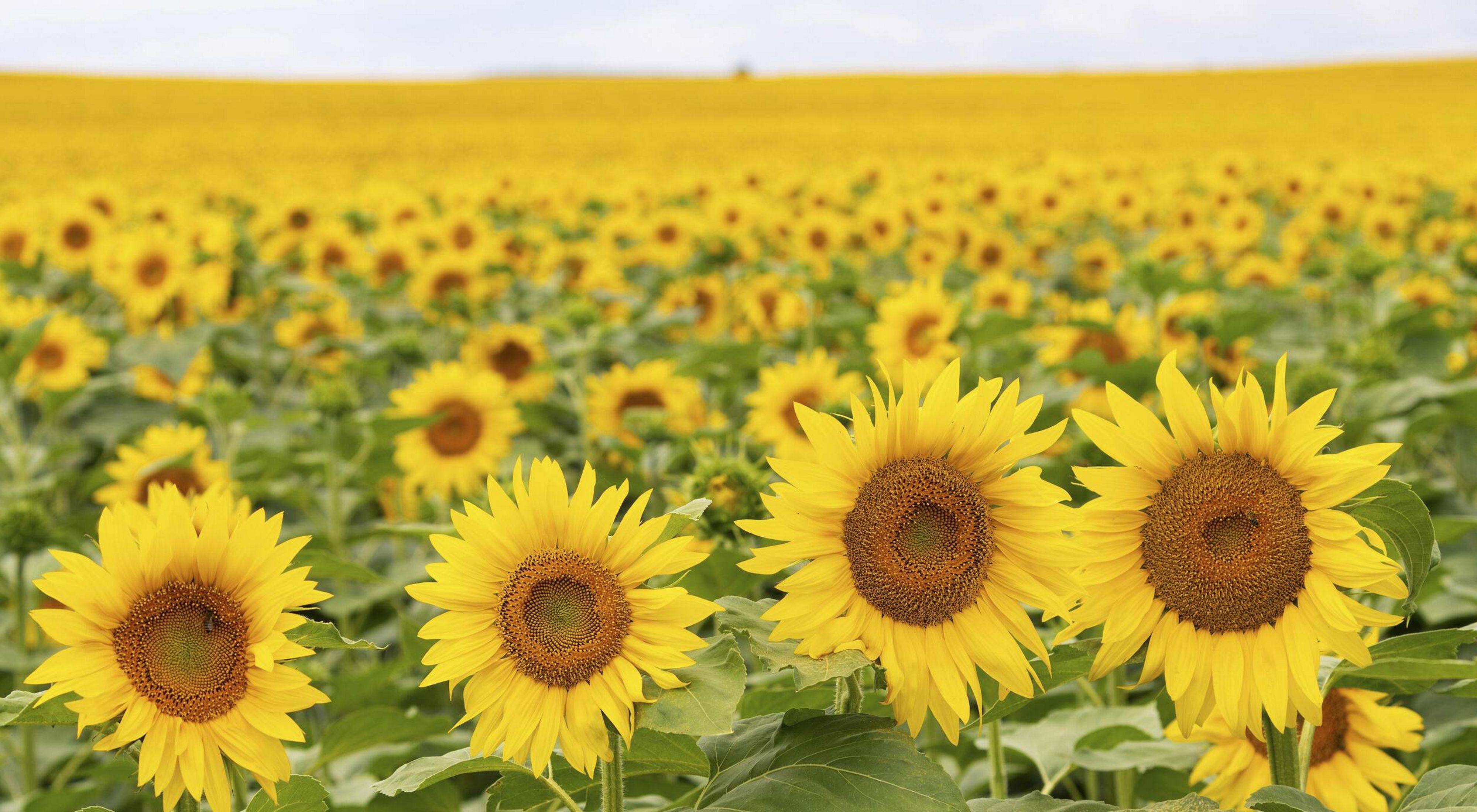Media Statement: European Parliament comes to nature’s rescue - Key vote gives green light to final negotiations on EU Nature Restoration Law
Groundbreaking legislation aims to introduce legally binding commitments to restore at least 20% of EU's land and seas by 2030
Media Contacts
-
Barbara Kuznik
The Nature Conservancy (Brussels)
Email: barbara.kuznik@tnc.org
Today, the European Parliament voted in favour of continuing negotiations on the EU Nature Restoration Law, a groundbreaking new piece of legislation that would introduce legally binding commitments to restore at least 20% of the EU’s land and seas by 2030.
Celebrating with the rest of The Nature Conservancy team the positive outcome of today’s vote, Noor Yafai - Europe Director for Global Policy and Institutional Partnerships – said:
“Today’s vote was a crucial win-win for nature and climate - not just in Europe, but for the whole world - as other countries look to the EU for continued leadership on delivering against the new Global Biodiversity Framework. Despite an audacious misinformation campaign carried out over many months and designed to kill off the EU Nature Restoration Law, the European Parliament has today come to the rescue of nature restoration as a vital first line of defence in the fight against climate change.
"However, there are some sobering outcomes in the much less ambitious text agreed upon today. For example, key measures to improve the sustainability of farming in particular were voted down. This highlights that much more must be done to build shared understanding across all sectors of society that there will be no long-term food security if we don’t step up nature restoration, including protecting the priceless contribution of bees and other pollinators to human survival. Nature restoration can be financed sustainably, including by deploying innovative financing mechanisms that can benefit farmers and landowners without placing unrealistic burdens on taxpayers.
"A lot of work still lies ahead now to ensure the best possible outcome for the EU Nature Restoration Law, but for now we celebrate today’s historic vote as a win-win for climate and biodiversity.”
Though there were some disappointing outcomes in today's approved text, Andras Krolopp, Senior Policy Advisor, notes one critical inclusion:
“We are pleased to see that the current proposed text also includes the restoration of 25,000 km of rivers to free-flowing condition. As we’ve seen a significant decline in freshwater habitats and species, this is a key target that we urge policymakers to keep in the adopted version of the law as well.
“Last year, the world committed to protect at least 30% of areas of degraded terrestrial, inland water, and coastal and marine ecosystems by 2030. Having this clear target from the EU is an important signal to Member States to begin designating rivers for protection so that we can ensure their continuous free-flowing state for the long-term.”
Learn how TNC is working with partners across the Balkans to save some of Europe’s last free-flowing rivers: unitedforrivers.org
The Nature Conservancy is a global conservation organization dedicated to conserving the lands and waters on which all life depends. Guided by science, we create innovative, on-the-ground solutions to our world’s toughest challenges so that nature and people can thrive together. We are tackling climate change, conserving lands, waters and oceans at an unprecedented scale, providing food and water sustainably and helping make cities more sustainable. The Nature Conservancy is working to make a lasting difference around the world in 81 countries and territories (40 by direct conservation impact and 41 through partners) through a collaborative approach that engages local communities, governments, the private sector, and other partners. To learn more, visit nature.org or follow @nature_press on X.
